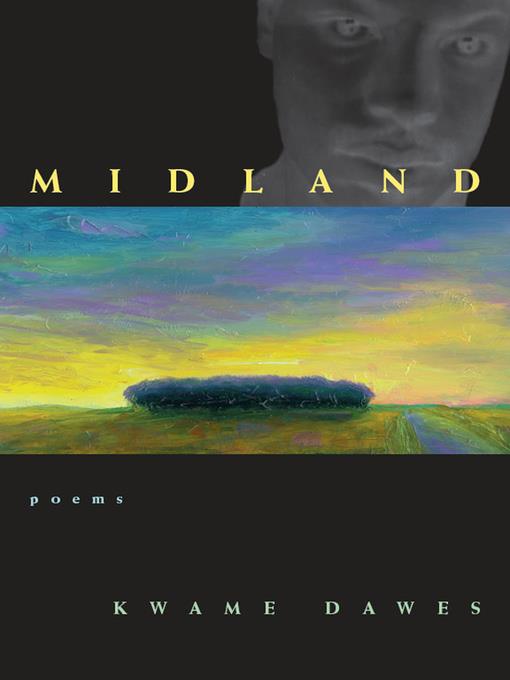
Midland
Poems
کتاب های مرتبط
- اطلاعات
- نقد و بررسی
- دیدگاه کاربران
نقد و بررسی

January 1, 2001
Reading the sensuous poetry of Dawes, one's first impression is of immersion in the atmosphere of the Caribbean, "the stench of wisteria crawling its pale purple/ path through a dying swamp." (Born in Ghana, Dawes grew up in Jamaica and now teaches at the University of South Carolina.) Ultimately, however, Midland takes the reader on an autobiographical journey to exile and self-discovery. Dawes is less concerned with reggae than with the need to speak the truth about "the generation that understood the smell/ of burning flesh." The 11-page title poem, "Midland," a "dialect of ire" unfolding like "the hung man dangling/ from a live oak," addresses the burden of "ash and tar of a Sumter lynching" with fortitude. In graphic language, he insists that one look beneath "affinities of skin, sin, and suffering" to the roots of a brutal inheritance. Awarded Ohio University's Hollis Summers Poetry Prize 2000, this book superimposes landscapes of Africa, Jamaica, and the United States, transforming the poetry of protest into a compassionate search for the "dusty graves" of his ancestors. These poems form "hieroglyphs of belonging" that help us come to terms with a complex heritage of intolerance and progress.--Frank Allen, Northampton Community Coll., Tannersville, PA
Copyright 2001 Library Journal, LLC Used with permission.

February 15, 2001
Dawes' redolent poems are seeded with questions of inheritance. For instance, he portrays an old man painting on a tropical island beach, watched by a skeptical younger man, pen and notebook in hand and memories of colder places in mind. Born in Ghana, raised in Jamaica, educated in Canada, and currently on the faculty of the University of South Carolina, Dawes is cued to the spirituality of place--its prayers and ghosts--and writes with both elegance and poignancy of a search for ancestors and "hieroglyphs of belonging." Musing on his desire for home and knack for adaptability, he sees himself as a "chameleon of suffering," but there is nothing superficial about Dawes' empathy as he confronts the inexplicableness of genocide and slavery. The anguish of the dead and the helpless and the guilt of the living shadow each sensuously beautiful poem, each a quest for contact with the past and a talisman for the future.(Reprinted with permission of Booklist, copyright 2001, American Library Association.)

























دیدگاه کاربران